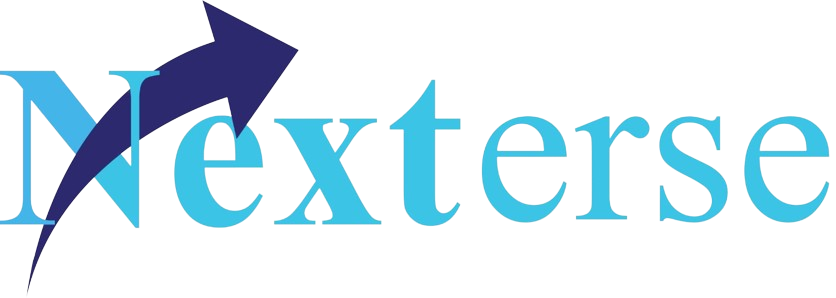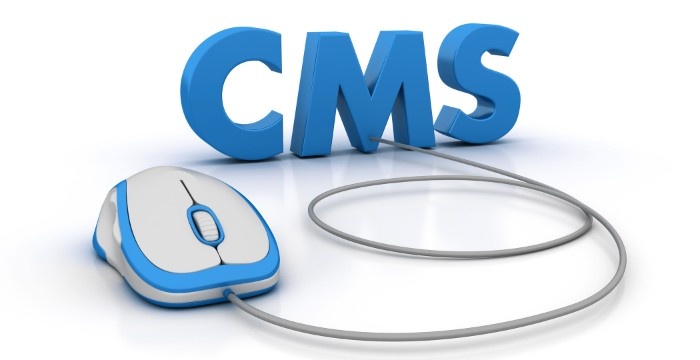INTRODUCTION
Imagine a director bringing the writers vision to screen – that is Content Management System (CMS) for you. It’s the strong foundation operating behind the scenes that synchronizes the production, arrangement, and distribution of digital information. Its importance values from its immense prowess to optimize processes, foster teamwork, and guarantee material coherence across the multiple mediums available. Using CMS gives organizations and startups alike, effective version control, scalability, and content governance, which promotes an organized and traceable approach to content management. Its strong security features, modular design, and relatively adaptable templates demonstrate its advance brilliance and enable quick and risk-free content distribution. Essentially, CMS provides the foundation of digital content strategies, allowing companies to maximize operational efficiency and create compelling user experiences.
PLATFORMS
There are a number of established CMS platforms that provide unique features and functions to meet a range of objectives. Every platform has advantages and disadvantages, so choosing the best CMS for your target audience and use cases requires assessing your unique needs.
Because of its vast infrastructure of widgets and ideas, WordPress stands out and is the best choice for individuals, small companies, and bloggers looking for the ultimate easy to use and efficient package. On the Contrary, Drupal is a top option for large enterprises needing sophisticated, more technical customization and security capabilities since it performs very well managing complicated websites and apps. Joomla is appropriate for small to medium-sized enterprises and community-driven websites because it maintains a balance between simplicity and versatility. With its extensive capabilities for digital marketing and product administration, Magento excels in e-commerce and serves companies of all kinds provides a one to all solution. On the other hand, Shopify provides small businesses and entrepreneurs with a smooth e-commerce solution thanks to its integrated features and user-friendly design.
TRENDS
The field of content management systems, or CMS, is always changing. Lately, cloud-based and headless CMS solutions have been popular. The favored options like WordPress, Drupal, and Adobe Experience Manager continue to be available and thrive, but more recent releases like Strapi and GraphCMS are gaining real momentum real fast. Integrations of artificial intelligence and machine learning are also increasing, allowing for more individualized content experiences. Furthermore, as security and accessibility become more and more important, CMS infrastructure and development continue to evolve to adapt to that. CMS providers are adjusting to suit these new expectations as multichannel content delivery and digital experience platforms (DXPs) become more important in the industry. Indeed, this will be altering the way we approach content management.
SPOTLIGHT: NEXTERSE
The case in spotlight is our very own Nexterse, a tech startup rising to new heights after evry milestone. Team Nexterse takes pride in being experts in wordpress. They chose WordPress for its flexibility, allowing them to create customized websites with various features. For their e-commerce store, they opted for Shopify, which offers powerful tools for selling products online. Wix was chosen for its user-friendly interface and drag-and-drop functionality, making it easy for Nexterse to quickly build and launch websites. Additionally, they used BigCommerce for its scalability and robust e-commerce capabilities. Nexterse also utilized WooCommerce, an e-commerce plugin for WordPress, to integrate seamlessly with their existing WordPress site. Lastly, they turned to Squarespace for its sleek design templates and built-in features, creating visually appealing websites with minimal effort. Overall, by leveraging a combination of these platforms, Nexterse has been able to build and manage a diverse range of websites and online stores to support their business goals. Projects include The Facial Room, Pergola World, My Fitness Pal, Swan Vision and many more.
Generic:
Nexterse, a leading technology company, has consistently delivered cutting-edge content management system (CMS) solutions to empower businesses across diverse industries. With a commitment to innovation and user-centric design, Nexterse has successfully built robust CMS platforms that streamline content creation, organization, and distribution.
One of Nexterse’s flagship projects involved revamping Loya Nutrition platform’s CMS. Leveraging modern technologies skipcash, Woocommerce, speed and SEO plugins. Nexterse transformed the client’s content management experience. They implemented a modular approach, allowing seamless integration of new features and third-party services. The result? A highly scalable and customizable CMS that enabled the client optimize website with redesign it’s products pages.
CONCLUSION
Success in the ever-changing field of digital content management depends on a well-balanced combination of technical mastery and quirky inventiveness. The significance of strategic planning is emphasized by effective content management best practices, which guarantee that content smoothly complies with audience preferences and broader corporate objectives. Through drops of meta tags and keywords, SEO optimization strategies works it wonders to increase exposure and search engine ranks. By using versatile approaches and collaborative tools to expedite the processes of content generation and publishing, workflow optimization remains steady. Regular updates and maintenance are also essential to keep the pace going. Vulnerabilities must be fixed and algorithms adjusted to keep the digital stage lively and interesting.

